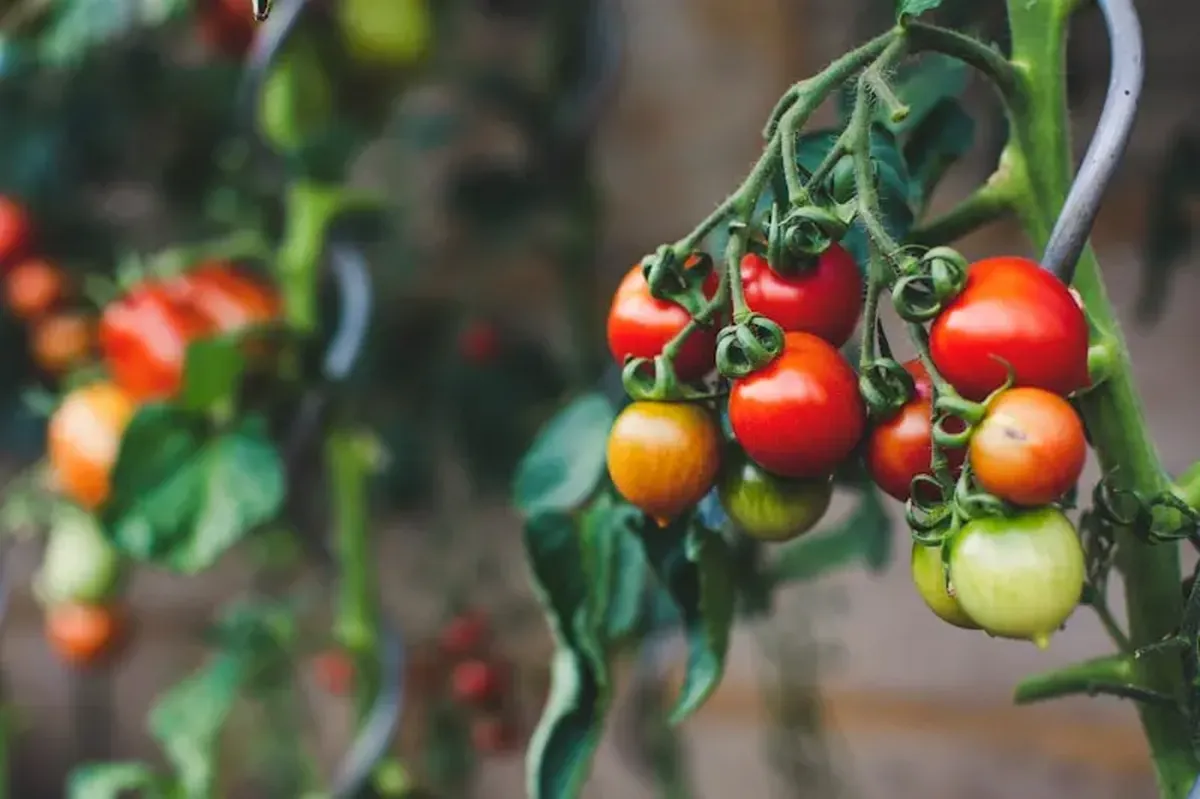These sounds somewhat resemble the popping of bubble wrap, although humans can’t hear them. Imagine this: you’re about to eat a salad, you bring a knife down over a tomato, and the vegetable responds with a frantic scream. Of course, this scenario is a gross exaggeration. However, biologists at Tel Aviv University have discovered that when plants are under stress, they emit characteristic sounds. Their frequency is too high for the human ear to detect. Yet, it’s quite possible that insects, mammals, and other plants can hear this racket.
As Professor Lilach Hadani, the lead author of the new study, explained, even over a quiet field, the sounds of plants resonate, though we remain oblivious to them. And these sounds carry information. The research team believes that there is a lot of acoustic interaction happening in nature, involving not just members of the animal kingdom but also the plant kingdom.
What the Researchers Discovered
The team recorded the sounds of stressed tomatoes and tobacco plants first in a soundproof acoustic chamber and then in a noisy greenhouse (scientists favor these plants for their ease of cultivation). In both cases, the biologists subjected the plants to stress by withholding water for several days and then cutting their stems. They then used machine learning algorithms to analyze the various responses of the plants to stress captured in the recordings.
The scientists found that stressed plants produced between 30 to 50 high-pitched clicks or pops per hour (with varying intervals), while unstressed plants made significantly fewer sounds. Moreover, the machine learning algorithm was able to identify different types of sounds. These differences depended on the cause of the stress as well as the species of the plant. Notably, the researchers also tested their findings on other plants, including corn, wheat, grapes, and cacti. All of them emitted sounds during stress, as reported by BBC Science Focus.
It remains unclear exactly where these sounds come from. However, researchers speculate that the popping may be caused by the formation and bursting of air bubbles within the plants. The ultimate purpose of these sounds is still a mystery. Yet, it’s quite likely that other plants and animals “listen in” to gather information for some advantage. Ms. Hadani noted that other organisms may have even evolved to hear these sounds and respond to them. For instance, a butterfly about to lay eggs on a plant or an animal intending to eat it might use these sounds to make quick decisions. If other plants receive information about stress before it reaches them, they may even be able to prepare in time.

